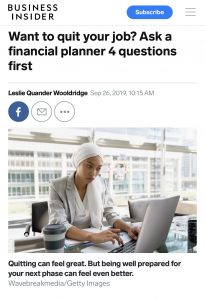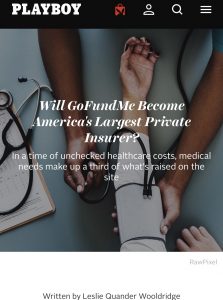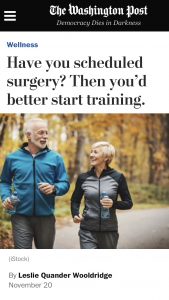To save money, I act like I don’t have any.
That may sound odd. So I explained exactly how I do it in a recent story I wrote for Business Insider.
First, I actually like putting away money. As a child, I had my own little bank in the shape of a mailbox. I remember it being a gift from my grandfather, who’d worked for the United States Postal Service. I’d slide coins into the shiny mailbox and grew up learning that it was important to have my own money so I could take care of myself.
As an adult, I’ve set savings goals like traveling and having an emergency fund. The savings strategy that has consistently worked for me is the one where I transfer money out of my checking account, put it in a separate, online savings account with a higher rate of return — and then pretend like my stash doesn’t exist.
If we’re lucky enough to be working, and to be able to save some extra money, this mind and money trick can be a way to save for education, debt reduction, a “freedom fund,” and more.
I think this strategy can be especially important now, especially for people who are fortunate enough to have additional money as typical spending activities are off limits.
Having savings in the form of an accessible emergency fund is important for many reasons. It provides some cover if things suddenly go south (with jobs, health, or other unexpected expenses). And having savings allows us to have a bit more freedom when it comes to choices like travels and even how we earn money.
Unfortunately, we can’t go to Europe now from the United States—or really move about freely. But, if we’re lucky enough to be working, and to be able to save some extra money, this mind and money trick can be a way to save for education, debt reduction, a “freedom fund,” and more. (I once used it to fund travel to Europe, across three countries, for a month.)
Even with $20, $50, or $100 at a time.
So have you met your savings goals? Or do you want to? I’ll plan to revisit this topic again because it’s so important.
Read my story in Business Insider to see exactly how this game of pretend has helped me — and could help you. (Just remember this is not financial advice.)
Then feel free to follow me on this blog, and on Instagram and my YouTube channel (!) to keep up with my latest tips and news. Or feel free to comment or email me if you have questions.







